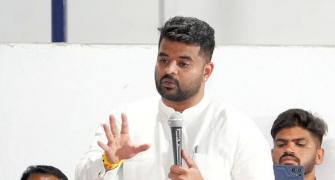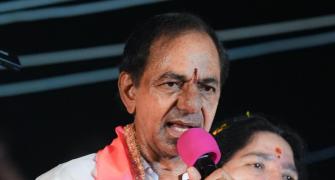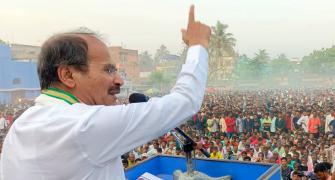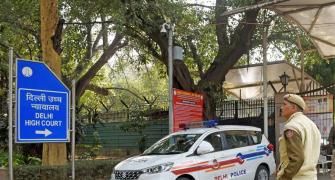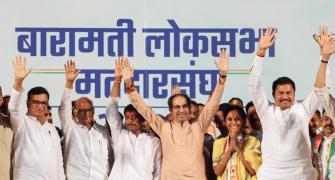After a controversy broke out about his remark that people of North India take pride in violating law", Delhi Lt Governor Tejendra Khanna on Thursday said his remark was "seriously distorted" by the media.
"Khanna had referred to the comparatively lower level of autonomous self-compliance of traffic regulations such as maintaining lane discipline, giving right of way and respecting traffic lights in Delhi, as compared to that observed in some metropolitan cities in the South, which is borne out by relevant statistics," a Raj Bhavan statement said.
"This in turn leads to the need for more effective police presence and alertness to check violations," the statement said.
Khanna also observed that an important part of the duties of good citizenship is to maintain a high-level of self-discipline and autonomous compliance of the rules and regulations so that all fellow citizens can live in a more orderly, peaceful and secure environment, it said.
The media has "seriously distorted the context and content of a statement" he made at the launch of the Delhi Police Motorcycle Traffic Patrol, the statement said.
"In this (North) region, the situation is such that commonly it is a matter of pride to violate the law. The behaviour pattern in South India is such that the people naturally stay within the limits of the law," he said at the function.
"It is a speciality of North and Western India that the people feel a sense of honour and pride in violating law and boasting that no action has been taken against them," Khanna said.

